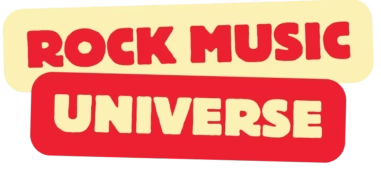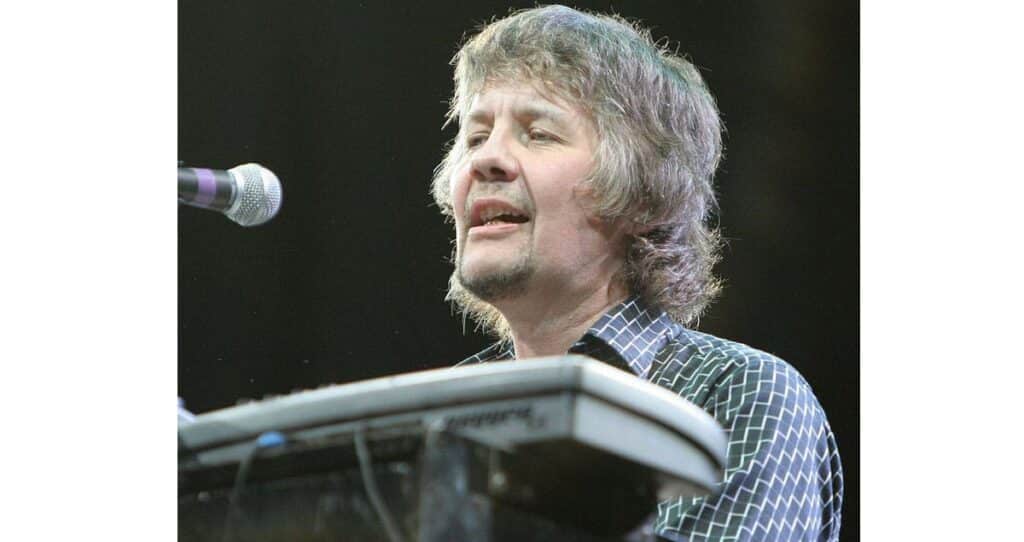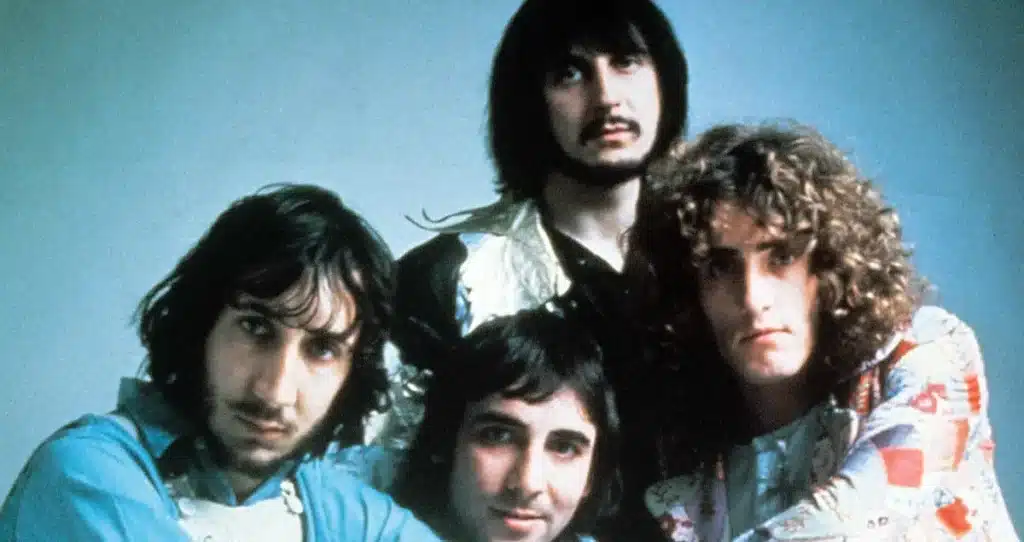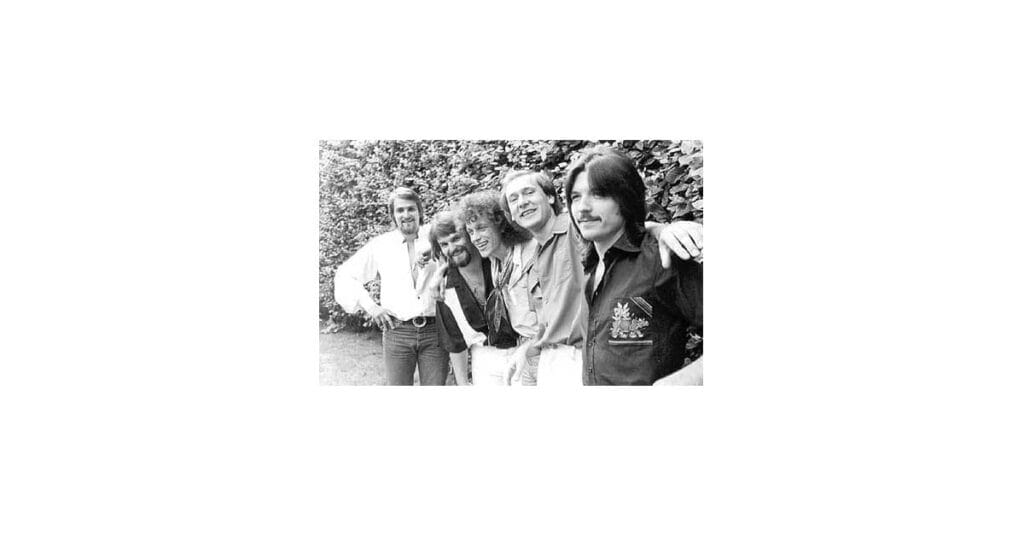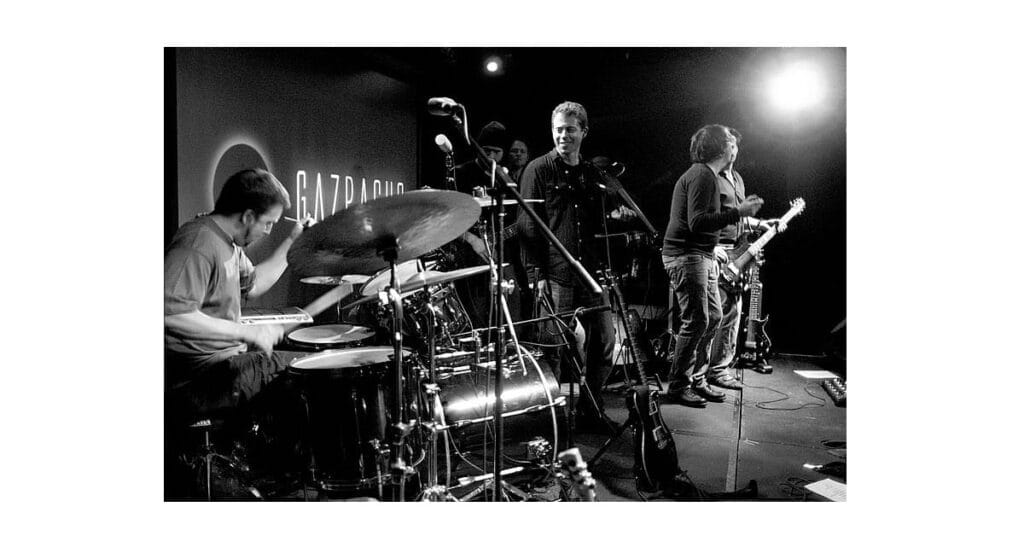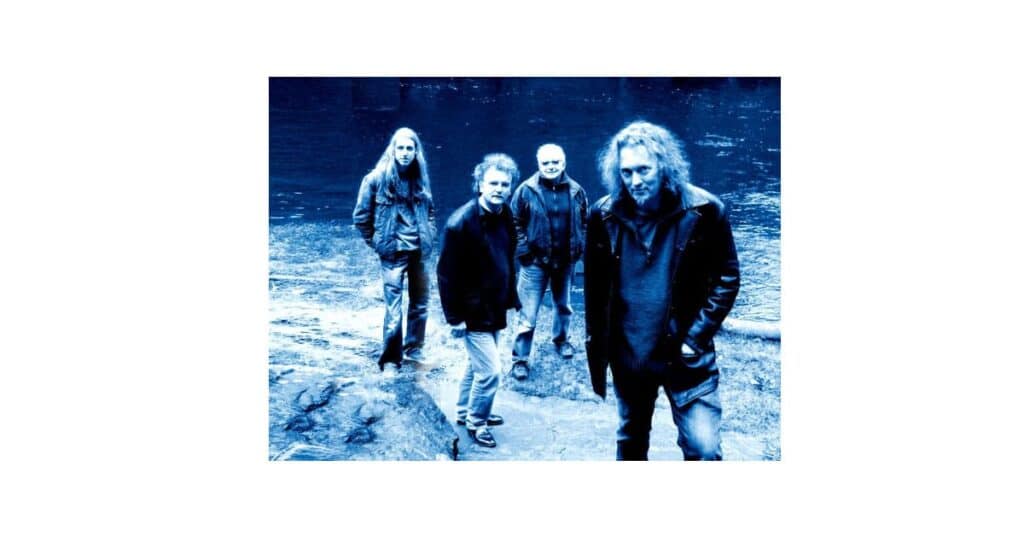Don Airey
Don Airey is an English keyboardist renowned for his extensive work in rock music, particularly within the hard rock and progressive rock genres. He has been a prominent figure in several influential bands and has a distinguished career as a session musician and solo artist. Formation and Origins Birth: Don Airey was born on June […]
